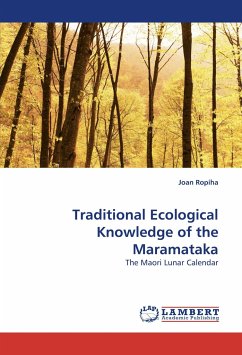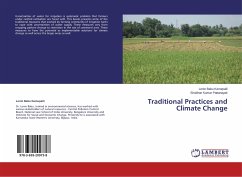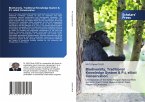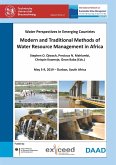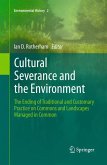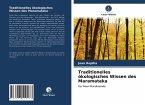Some Mäori continue to practice the ancient tradition of fishing and planting by the maramataka Mäori lunar calendar the 29-31 nights of the moon s monthly cycle. This traditional ecological knowledge (TEK) is preserved in written charts of the maramataka that were first innovated by the mid-1800s and have been further developed since. These charts name each night of the moon s lunar cycle and their influence on fishing and planting activities. Some early charts also incorporate star movements and seasonal patterns. As there is limited literature on this subject, this research explores what 19th century original Mäori writings say about the TEK of the maramataka to determine whether there is a basis for further study. The research shows the maramataka is encoded ecological knowledge and that the TEK of the maramataka is integrated within a wider matrix of ecological knowledge contexts. Maramataka charts and early Mäori writings provide contemporary guidance for further study, application and innovation of the TEK of the maramataka.
Bitte wählen Sie Ihr Anliegen aus.
Rechnungen
Retourenschein anfordern
Bestellstatus
Storno

